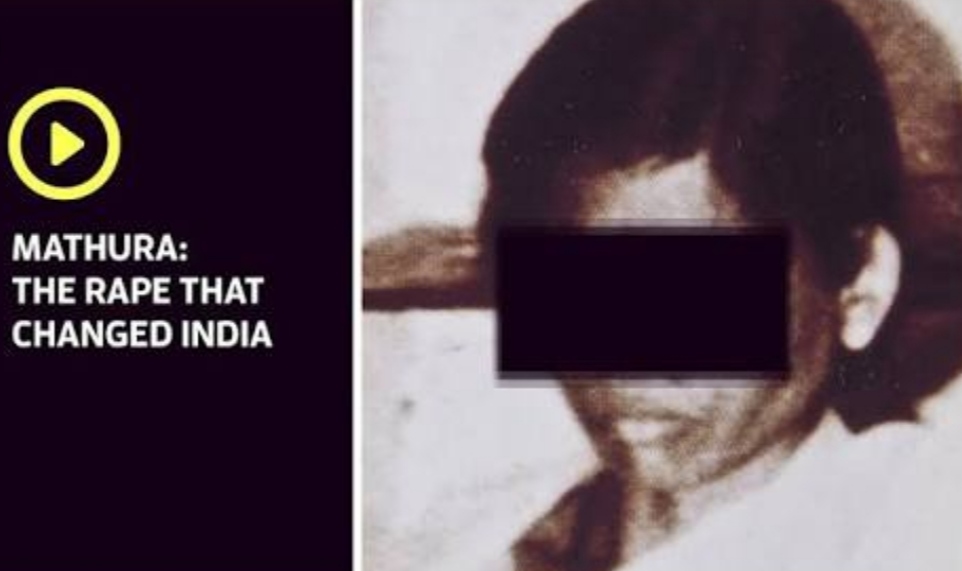Latest News
Tuka Ram and Anr vs state of Maharashtra, AIR 1979 SC 185(Mathura Case)

Supreme court held that the sexual intercourse which was in question in the given case is not proved to amount to rape.
Facts of case:
In Mathura rape case, a young tribal girl named Mathura was allegedly raped by two policemen while she was in custody. It was the incident of custodial rape, took place on March 26th 1972, where the girl was raped in Desai Gunj Police station in Maharashtra. This case raised so many issues in the context of Indian rape laws that were earlier existed in prevalent Criminal law like the issue of consent, the question of burden of proof, the reference to two finger test and the reference to the girl's sexual history. It also raised issue on the topic that girl is neither safe in society nor under judicial custody.
What was held? Sessions court passed the judgement in favour of defendants and held them not guilty. It was held that Mathura gave her consent voluntary as she was habituated to "sexual intercourse" and "rape" so, it was a case of sexual intercourse in which she had consented voluntary and not rape. Thus, case was further appealed in the Bombay High court which took note of all the findings arrived during the trial in Session Court. High court appreciated the observation given by the the learned sessions judge that there is a major difference between sexual intercourse and rape but they forgot to observe that there is a world of difference between "consent" and "passive submission". On the ground of such observations, the court held that the Defendants were guilty of rape and the consent given was not voluntary and it was due to serious threats by policemen.
It was held that "Mere passive or helpless surrender of the body and it's resignatess to the other's lust induced by threat or fear cannot be equated with the desire or will, nor can furnish an answer by the mere fact that the sexual act was not in opposition to such desire or violation."
Later the case went to supreme court, where court acquitted the accused and set aside the judgement passed by the Bombay High court. The court stated that no marks of injury were found on the person of the girl, there were no signs of any struggle, any resistance, also from the shreds of evidence it can be shown that the girl had not been put in fear of death or hurt so the consent would be considered as free or voluntary. Also, the girl was habituated to sex so, it may possible that she might have incited the cops. So, it was concluded and held by the supreme court of india that the sexual intercourse which was in question in the given case is not proved to amount to rape.
So Mathura rape case was monumental in context of both social and legal perspective which sparked huge protest and public outcry for the very first time in India for the cases of rapeat a very large level and which further led to so many reforms in the Indian rape law via the Criminal law Act, 1983.
Document:



































































































